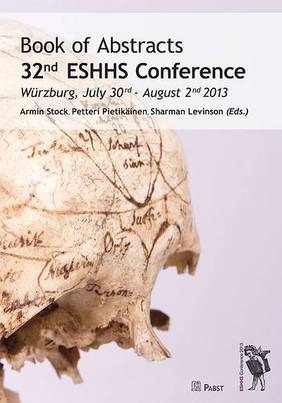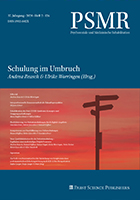Examples:
- Homer: In the Homeric mythology of the Iliad, the grief of Hector, Andromache and Hecabe is described in terms of actions or behavior, rather than emanating from an inner private life
- Plutarch: Plutarch´s letter to his wife upon the death of their daughter praises her decorum and restraint. In these remote times, dignified individual behaviour was the norm. Consolation was expressed in terms of stoic encouragement; counting one´s blessings, rather than extravagant displays
- Montaigne: Similarly, in a letter of Montaigne to his wife, also upon the death of a young daughter, the themes of moderation or restraint, and duty, reappear prominently. Montaigne in fact regarded Plutarch´s letter as the best way to comfort his wife
- Modernity: In modern Western societies, death is accomponied by grief and grieving, where grief is defined as an emotional response to loss of a loved one, and acknowledged as a time of intense emotionality for the individual
It is difficult to read these four examples, and not to be struck by the otherness of the past, and how the modern experiences of grief are substantially different from earlier instances.























